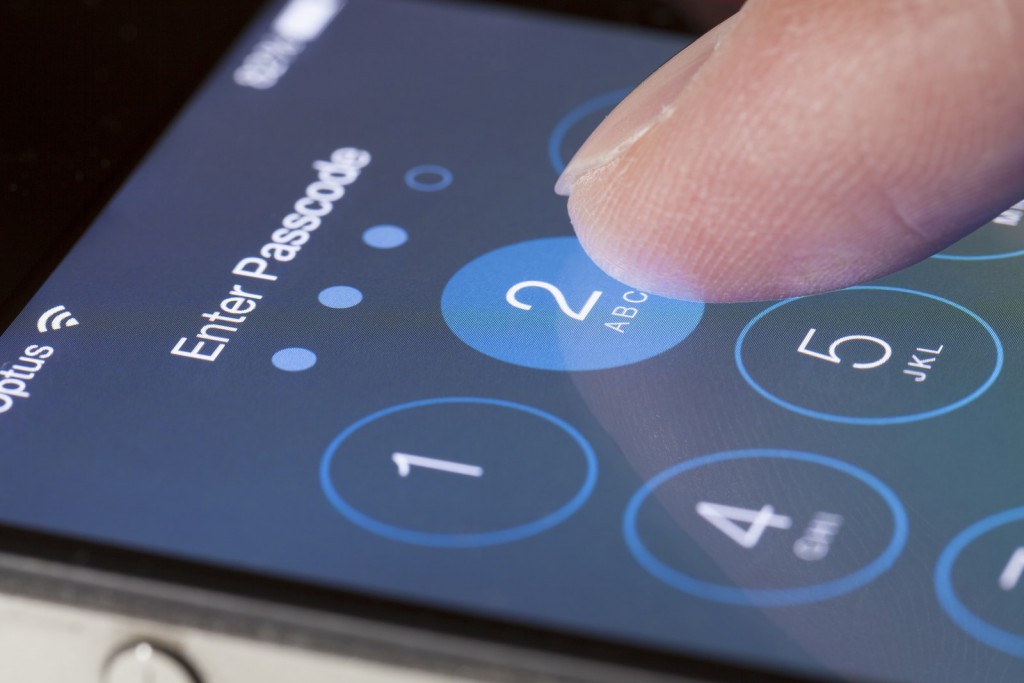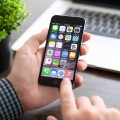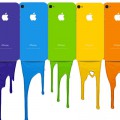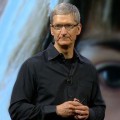As Apple wages its iPhone unlocking battle against the Federal Bureau of Investigation in the courts of law and public opinion, everyone from U.S. Attorney General to fugitive whistleblower Edward Snowden to a former CIA director is weighing in on the issue.
On March 2, Apple filed an appeal to last month’s U.S. District Court order under the federal All Writs Act. The order demanded that Apple help FBI investigators gain access to the data contained in the iPhone of Syed Rizwan Farook, one of the killers in the December massacre at the San Bernardino social services center. The appeal followed an earlier motion to vacate and was a precautionary measure due to lack of clarity over the rules of the case, Apple said.
The FBI wants Apple to provide it with programming to unlock the iPhone so it can access data that may be instrumental to national security. It believes the phone may hold clues to the travels by Farook and Tashfeen Malik, his wife and co-conspirator, immediately prior to the Dec. 2 attack as well as a link to Islamic extremist interests overseas.
The agency admitted during recent testimony before the House Judiciary Committee that its error caused the problem. Resetting the phone’s iCloud password had not given them access to its stored information. Instead, it locked them out with no options left to get in. The FBI is concerned its own efforts would cause the phone to destroy itself.
Apple has dug in its heels over the precedent that might be set, saying it could enable the government to intrude on the privacy and safety of the public. The company also pointed out in its Judiciary Committee testimony that the FBI disregarded its initial recommendation to connect the phone to a Wi-Fi connection used by Farook. That could have allowed them to recover the data from the cloud.
The war of words has only gotten more heated. Prosecutors filed a motion March 10 calling Apple’s defense “not only false, but also corrosive of the very institutions that are best able to safeguard our liberty and our rights,” according to a report on The Verge.
Apple general counsel Bruce Sewell fired back, saying “I don’t think I’ve ever seen a legal brief that was more intended to smear the other side with false accusations and innuendo, and less intended to focus on the real merits of the case,” according to a report on the BGR website.
Meanwhile, Attorney General Loretta Lynch has offered her opinion that Apple is being unreasonable and is holding national security hostage. On the other side of the fence, National Security Agency whistleblower Edward Snowden says the FBI could bypass the iOS security features without Apple’s help.
You Might Also Enjoy: Apple Balks at Order to Unlock San Bernardino Shooter’s iPhone
Lynch, speaking at information security event RSA Conference 2016, pointed to Apple’s assertion that this could set a precedent for the government demanding programming “backdoors” that would infringe on individual rights. She noted that Apple has assisted in other unlocking requests and “we have not had the parade of horribles that Apple is now asserting.”
Those prior requests, however, involved technical fixes that were less intrusive, according to an article on The Daily Dot. In addition, Snowden said it would be relatively simple for the FBI to achieve its goals without Apple’s help.
He pointed to a post on the American Civil Liberties Union website that says: “All the FBI needs to do to avoid any irreversible auto erase is simply to copy the flash memory (which includes the Effaceable Storage) before it tries 10 passcode attempts. It can then re-try indefinitely because it can restore the NAND flash memory from its backup copy,” Daniel Kahn Gillmor wrote on the ACLU’s site.
Former CIA Director James Woolsey believes the FBI wants more than access to a single iPhone.
On CNBC’s “Squawk Box,” Woolsey said “it did seem to me as if the FBI was trying to get a right essentially to effectively decide what kind of an operating system Apple was going to have … “
Woolsey argued that Apple shouldn’t have to allow the FBI to do this.
“I don’t think they’re very good telephone designers, and I don’t think that is their cache,” Woolsey said of the bureau.
However this battle is resolved, it won’t bring an end to broader, decades-long tensions over programming backdoors as weapons in the crypto-wars. FBI Director James Comey believes terrorists are “going dark” by hiding on encrypted platforms. He wants tech companies such as Apple to design their encryption with special weaknesses that can be used to bypass it if presented with a warrant.
In his Congressional testimony, Comey denied that the battle with Apple was about gaining what could be a powerful law enforcement tool to wield elsewhere. Yet when asked if the FBI would seek to unlock other encrypted phones if it prevailed in this case, he responded, “Of course.”






